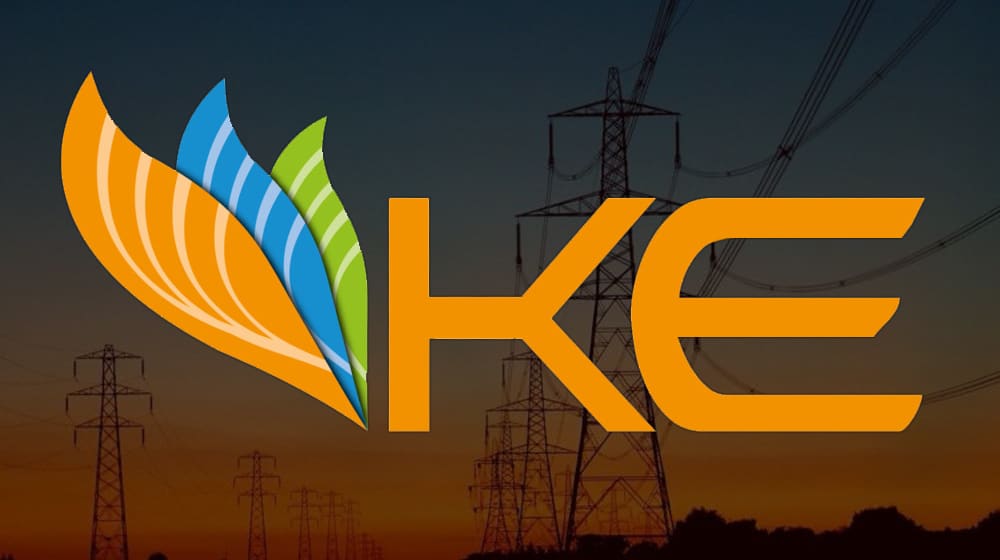KARACHI (ABC) — The K-Electric Limited (KEL) will feed 640MWs from solar and wind sources to the national grid, which will significantly reduce the cost of power generation.
In an interview with WealthPK, Syed Moonis Alvi said the KEL, the sole electricity provider for Karachi, projected a significant cut in power generation cost over the next two to three years after a planned addition of 640MW power derived from renewable energy sources, specifically solar and wind.
“This cut in the cost of power generation may provide some relief to consumers in terms of fuel adjustment surcharge; however, the final decision rests with the government, which is mandated to fix the electricity tariff,” Alvi said.
He said 40 companies have so far expressed interest in investing in 640MW plants from renewable sources.
Twelve companies from Europe, China, and the Middle East have also submitted their bids for investment in solar and wind power projects, he added.
Alternative energy projects will be installed in Hub, Othal, Bela, and Sarjani Town, Karachi. About the quantum of investment, Alvi explained that these projects would attract $400-500 million, for which bids had been invited from local and foreign investors.
Speaking about power theft, non-payment of bills, and line losses, the KEL chief said these incidents have increased in Karachi due to the high cost of electricity.
He pointed out that 80 percent of Karachi’s area is exempt from load shedding. Regarding the issue of dues disputes between the KEL and other departments, Alvi said an arbitrator has been appointed to address the issue and 60 days have been fixed for dues’ settlement.
Alvi also said the installation of smart meters has started in Karachi, initially for 10,000 consumers. The Smart Meters pilot project has been started, which would be advanced further after the results, he added.
The K-Electric CEO said the cost of a smart meter is currently Rs40,000 to Rs45,000, and the cost might increase in case of a larger order of smart meters.
The smart meters have been installed on all PMTs in the city. Their installation on PMTs shows how much electricity is used in an hour in an area, which comes into the data system, for about 29, 000 PMTs.
In line with the broader national objective to increase the share of renewable energy in the energy mix by 2030, the KEL’s strategic initiative complements the government’s targets.
The company’s Power Acquisition Programme aims to introduce 1,200MW renewable energy in its portfolio by 2030.
To ensure smooth integration of variable renewable energy (VRE) into its network, the KEL is conducting a VRE Integration Study in collaboration with international consultants.
This study will determine the optimal capacity for renewables while considering technical constraints and maintaining grid reliability.
It will also identify necessary network augmentation efforts and explore strategies for maximising renewable utilisation to further reduce the cost of electricity for the consumers.

